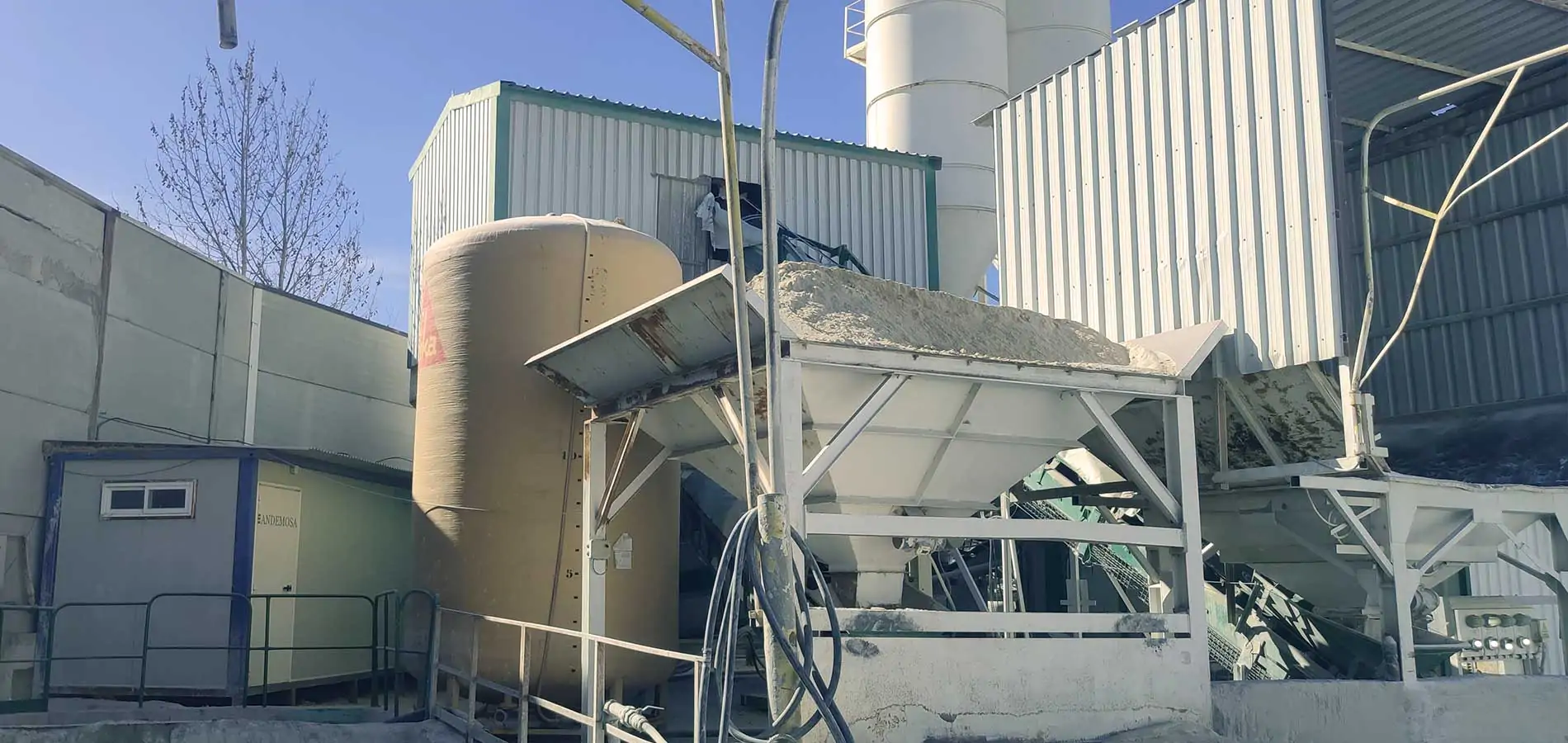Asphalt mixes are composite materials for constructing and maintaining roads, pavements and other traffic surfaces. These materials comprise a mixture of mineral aggregates (gravel, sand and crushed stone) and an asphalt binder, a bitumen derived from petroleum.
There are two types of asphalt mixes, cold asphalt mix and hot mix asphalt mix, both available from Sando Materiales, each with its characteristics and applications.
Cold mix asphalt comprises mineral aggregates and an asphalt binder mixed cold without heating the material. This type of asphalt is suitable for minor repairs of pavements and small surfaces, temporary maintenance, or emergency work on roads and streets.
On the other hand, hot mix asphalt comprises mineral aggregates and an asphalt binder, which are mixed by heating at temperatures ranging from 150 to 190 degrees Celsius. This type of asphalt is used both for the construction of new roads and for the maintenance of existing roads. It is stronger and more durable than a cold mix. It is applied using special equipment such as asphalt pavers and roller compactors.
There are different types of hot mix asphalt, such as SMA (Stone Mastic Asphalt), Densocril asphalt, MDC (Micro Dense Carpet), S-SMA (Super Stone Mastic Asphalt) and others. Each has different characteristics and a different response capacity depending on their intended purpose and use.
Sando Materiales has recently completed MAPS: Modernisation and Adaptation of a Sustainable Agglomerates Plant at the La Cabaña plant in Seville. A project focusing on the sustainability of the flooring produced, reducing emissions into the atmosphere and energy consumption by using a lower manufacturing temperature. In addition, it allows recycled pavement to be reintroduced into the production process as a raw material, enabling the annual production of 50,000 tonnes of sustainable asphalt material.

asphaltic agglomerates
Asphalt asphalt mixes are designed with sustainability in mind
Asphaltic agglomerates
Our experience and the specialisation of our equipment allow us to offer high-quality asphalt agglomerates.
At Sando Materiales, we innovate with new products. We have equipped facilities and specialised professionals for manufacturing both hot and cold asphalt agglomerate. In addition, because we have other business divisions, such as industrial waste management, we are developing research projects for manufacturing sustainable recycled agglomerates